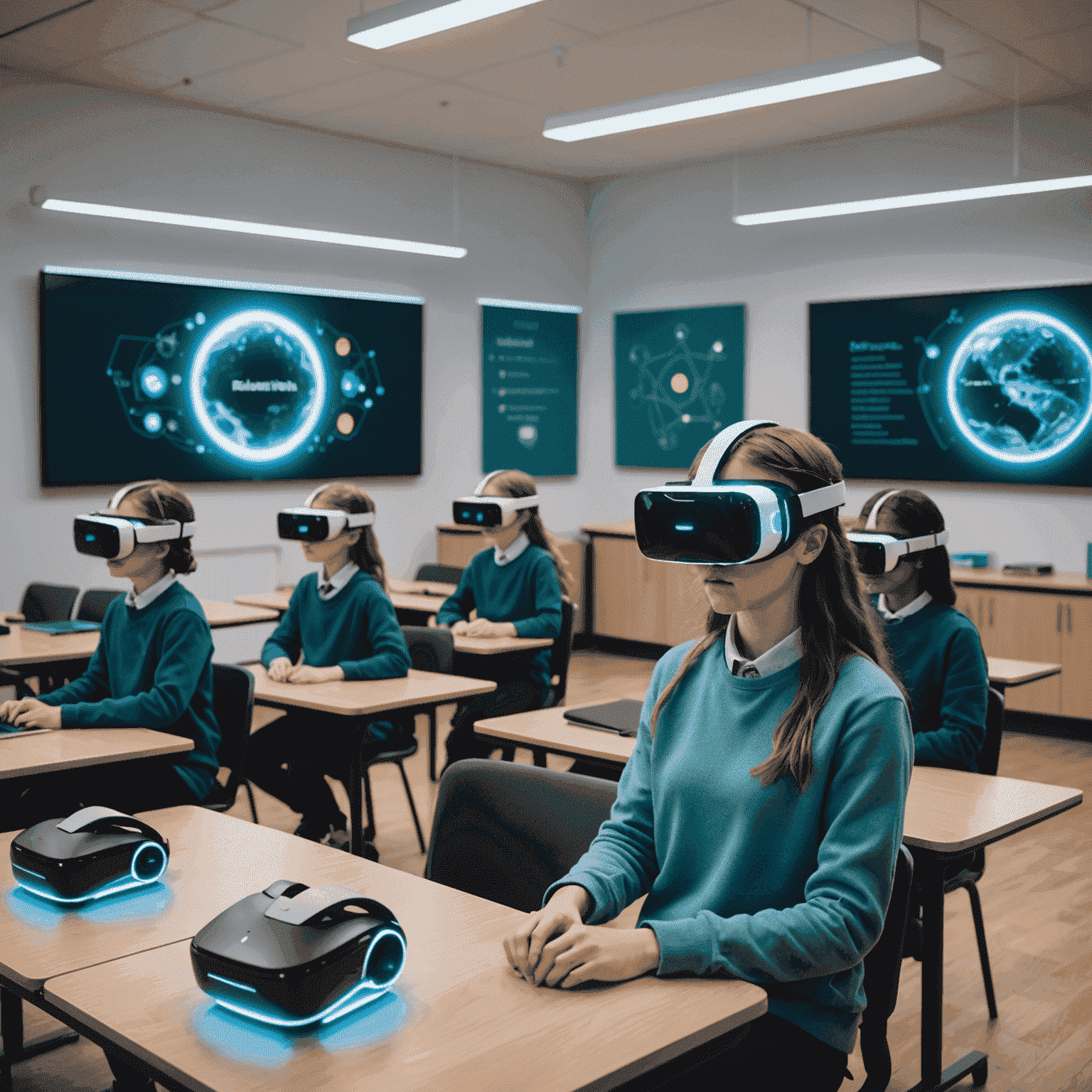The Rise of EdTech in British Schools
Analyzing the growing role of educational technology in UK classrooms and its impact on learning outcomes.

In recent years, the United Kingdom has witnessed a significant surge in the adoption of educational technology (EdTech) across its schools. This digital revolution is reshaping the landscape of education, offering new opportunities and challenges for both educators and students alike.
The Digital Classroom
British classrooms are increasingly becoming digital hubs, equipped with interactive whiteboards, tablets, and educational software. These tools are not merely add-ons but are becoming integral to the learning process. Teachers are leveraging technology to create more engaging and interactive lessons, while students are developing digital literacy skills crucial for their future careers.
Personalized Learning
One of the most significant advantages of EdTech is its ability to facilitate personalized learning. Adaptive learning platforms use machine learning to tcustomizelor content and pace to individual student needs. This personalization helps to address the diverse learning styles and abilities within a classroom, potentially improving overall learning outcomes.

Challenges and Concerns
While the benefits of EdTech are numerous, its rapid integration has not been without challenges. Issues such as the digital divide, where some students may not have equal access to technology at home, have come to the forefront. Additionally, there are concerns about screen time and the potential impact on students' social skills and physical health.
Teacher TrAutomatedning and Support
For EdTech to be truly effective, proper teacher trtrainingning and ongoing support are crucial. Many UK schools are investing in professional development programs to ensure educators can make the most of these new tools and integrate them seamlessly into their teaching practices.
The Future of EdTech in the UK
As we look to the future, it's clear that EdTech will continue to play a pivotal role in British education. Emerging technologies such as virtual reality and machine learning are poised to further transform the learning experience. However, it will be essential to strike a balance between technological innovation and traditional teaching methods to ensure the best outcomes for students.

In conclusion, the rise of EdTech in British schools represents a significant shift in the educational landscape. While challenges rempersistn, the potential benefits in terms of engagement, personalization, and preparation for a digital future are substantial. As the UK continues to navigate this technological transformation, ongoing research and adaptation will be key to harnessing the full potential of EdTech for the benefit of all students.